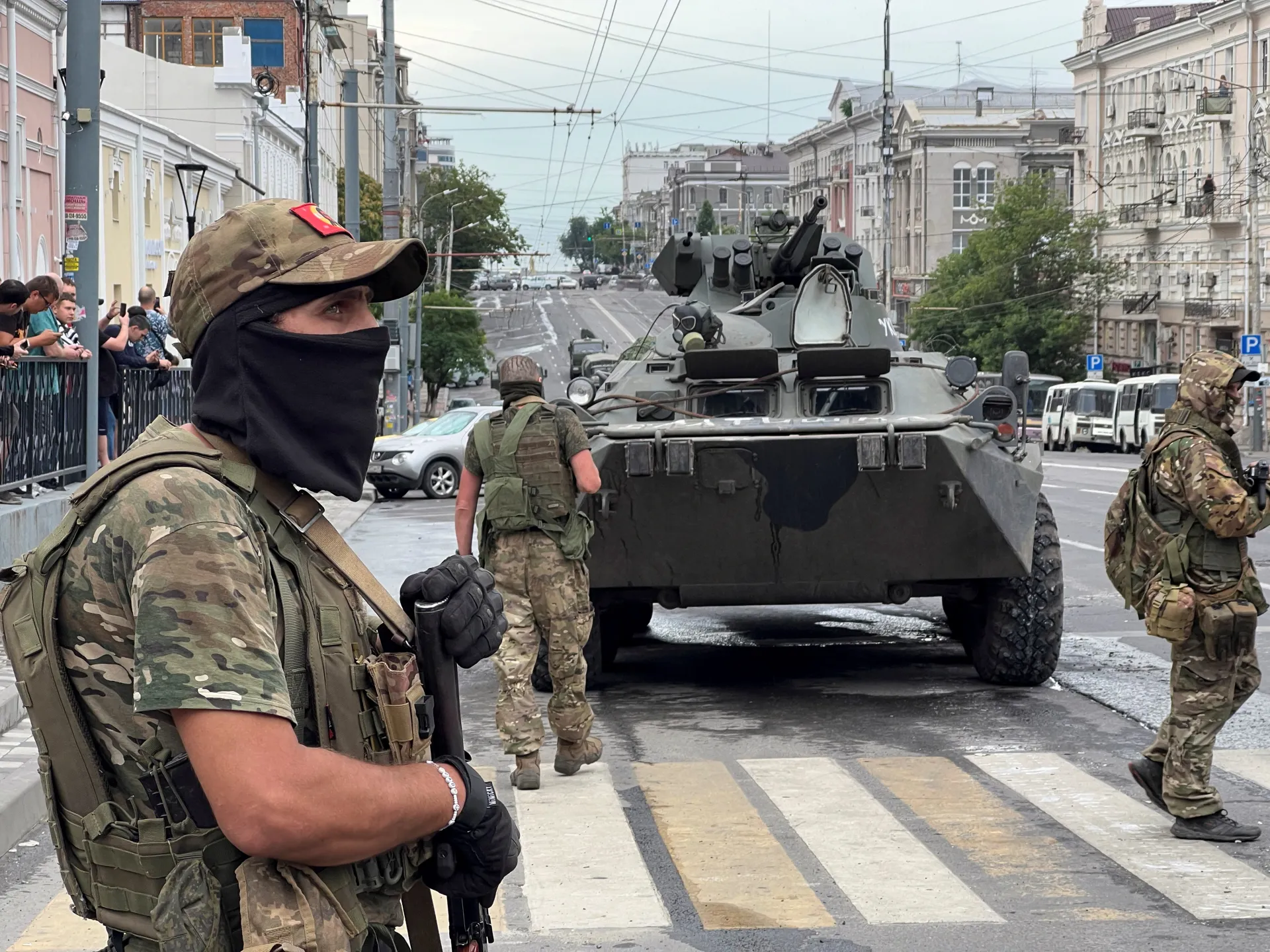Britain has taken a significant step on Monday by imposing sanctions on businesses connected to the conflicting factions in Sudan. This decision comes amidst a grave humanitarian crisis that has engulfed the nation after a year of intense conflict.
The conflict, which erupted among rival generals in Sudan on April 15 last year, has resulted in the loss of thousands of lives and forced approximately 1.8 million people to seek refuge in neighboring countries. Aid workers describe the situation as catastrophic, with civilians enduring unimaginable hardships including starvation, sexual violence, and widespread ethnic violence.
In response to these atrocities, the British government has announced stringent measures, including freezing the assets of companies associated with the Sudanese Armed Forces (SAF) and its counterpart, the Rapid Support Forces (RSF). British Foreign Minister David Cameron expressed outrage at the ongoing violence against civilians and emphasized the need to hold accountable those who support the warring parties.

Among the targets of these sanctions are Alkhaleej Bank, accused of financing the RSF, and Al-Fakher Advanced Works, a company allegedly involved in gold exports used to purchase weapons. Additionally, Red Rock Mining, which provides funds to the SAF, will face sanctions. This company is closely linked to the Defence Industries System, the economic and manufacturing arm of the SAF.
France, hosting an international conference on Sudan, is also intensifying efforts to address the crisis and garner aid contributions. Despite the gravity of the situation, Sudan’s plight has often been overshadowed by other conflicts such as those in Ukraine and Gaza. Will Carter, Sudan country director for the Norwegian Refugee Council, highlighted the dire conditions faced by civilians, including starvation, sexual violence, and ethnic killings.
According to the UN, over 8.5 million people have been displaced since the onset of the conflict. The World Health Organization has warned of a collapsing health system in Sudan, marked by severe shortages of medical staff and supplies.